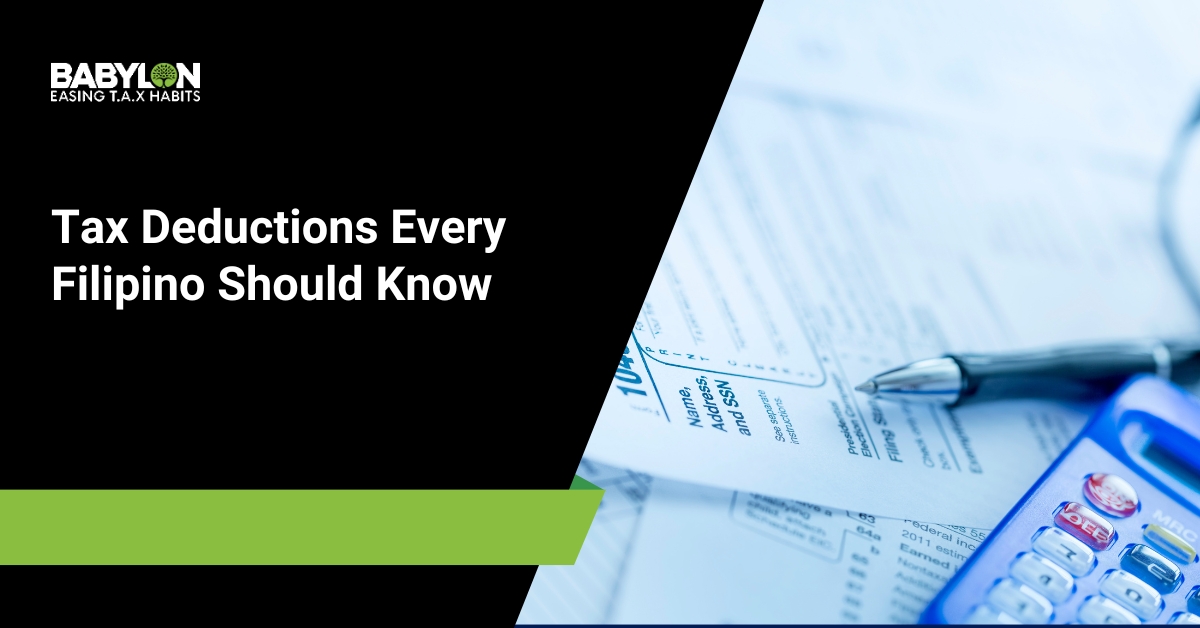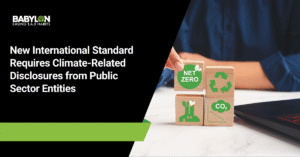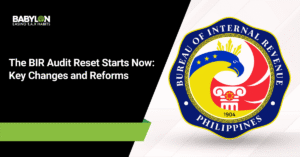Taxation can undoubtedly feel like a heavy burden for many Filipinos, but it’s important to know that there are ways to ease this financial load. One such effective strategy lies in understanding and utilizing tax deductions. Employing these deductions can lower the taxable income, ultimately putting more money back in your pocket.
In this article, we will explore various tax deductions and exemptions available in the Philippines, shedding light on how to legally and smartly lower your tax liability and improve your financial well-being.
What Exactly is a Tax Deduction?
Tax deductions decrease the taxable income. In practical terms, when an individual earns income, the government acknowledges certain allowable expenses or situations as eligible for deduction. These deductions are then subtracted from the total income, reducing taxable income.
For instance, if one earns PHP 50,000 but has PHP 5,000 in allowable deductions, the taxable income is computed as PHP 45,000. Tax deductions serve as a mechanism to decrease tax liability, allowing individuals and entities to retain a greater portion of their earnings.
What are Examples of Commonly Applied Tax Deductions?
If you’re a business owner or professional taxed under regular income tax rates, you can claim deductions for the expenses listed below. In addition to these deductions, Filipino residents can choose an Optional Standard Deduction (OSD), which can be up to 40% of gross business or professional income.
Ordinary and Necessary Expenses
As a business owner or professional taxed under regular income tax rates, you can typically deduct these expenses, reducing your taxable income by the full amount spent on necessary business costs such as raw materials, supplies, and direct labor.
Wages and Other Forms of Compensation
Your employee wages and benefits are generally deductible as business expenses. This allows you to deduct the full amount paid for compensation, including fringe benefits and travel expenses incurred in pursuing your trade or profession.
Business Rentals
Rent paid for business use is deductible for you as a business owner or professional taxed under regular income tax rates. This lets you deduct the full amount spent on renting property or equipment necessary for your business operations.
Interest Expenses
Business interest expenses are deductible within certain limits, depending on the interest paid during the tax year for your profession, trade, or business. A percentage of the interest income, which is subject to final taxation, may affect the deductible amount.
The Bureau of Internal Revenue’s recently issued Revenue Memorandum Circular (RMC) No. 19-2024 clarifies the tax treatment of interest expenses related to a taxpayer’s profession, trade, or business. The RMC aims to resolve differences in how interest expenses are handled in financial statements versus tax returns and provides accurate tax reporting.
Taxes
You can deduct various business taxes, such as income, property, and sales, as a business owner or professional taxed under regular income tax rates. These deductions typically allow you to reduce your taxable income by the full amount of taxes paid or incurred during the taxable year.
Losses
Business losses can often be deducted against other income for you as a business owner or professional taxed under regular income tax rates. This means you can deduct the full amount of losses resulting from the decrease in the value of assets or the financial performance of your business, reducing your overall tax liability.
Bad Debts
Bad debts refer to debts owed to your business that are deemed unlikely to be collected. As a business owner or professional, you can deduct these bad debts from your taxable income if they meet certain criteria set by tax regulations. By deducting the amount considered uncollectible, you effectively lower your taxable income, reducing the amount of taxes you owe.
Depreciation
You can deduct depreciation expenses as a business owner or professional taxed under regular income tax rates, allowing you to allocate a portion of the cost of assets over time. The deductible amount depends on factors such as the asset’s cost, its useful life, and the depreciation method used.
Charitable and Other Contributions
Your contributions to qualified charitable organizations are generally deductible as business expenses. This enables you to deduct the full amount contributed, subject to certain limitations, reflecting your business’s philanthropic activities.
Research and Development (R&D) Expenditures
Eligibility for deduction or credit of R&D expenses depends on tax laws and regulations. The deductible amount varies based on the expenses incurred and the regulations applicable to your business.
Expenses Not Applicable for Tax Deduction
Some expenses may be important for personal and household needs; however, they generally do not qualify as deductible business expenses. Here are the expenses not applicable for tax deduction:
Home Mortgage Interest Tax Treatment
The interest paid on your home mortgage isn’t usually deductible from your taxable income like business-related interest expenses. This applies to mortgages on your main home or any additional homes you own. While some exceptions exist, such as mortgage interest deductions for some homeowners who itemize, they don’t directly lower your taxable income for business reasons.
Medical Expenses Tax Treatment
Your personal medical costs, like doctor visits, prescriptions, and health insurance premiums, usually can’t be deducted as business expenses. These expenses for yourself, your family, or dependents are typically separate from business expenses. Although there are exceptions, like certain medical expenses being deductible in special cases, they’re generally not eligible for tax deduction as business-related expenses.
Contributions Tax Treatment
Donations made for personal reasons, like giving to individuals, non-qualified charities, or political causes, can’t be deducted as business expenses. This covers contributions to crowdfunding, personal gifts, and donations to causes that don’t qualify for charitable deductions. While businesses can sometimes deduct charitable contributions, personal donations aren’t eligible as business expenses for a tax deduction.
Other Personal Expenses
Personal costs like groceries, clothing, utilities, entertainment, and personal travel can’t be subtracted from your business’s taxable income. These expenses aren’t related to running your business or practicing your profession. Even though you pay for these things daily, they’re not counted as valid business expenses and can’t be taken off your business’s taxable income.
Tips for Maximizing Tax Deductions
While it’s true that paying taxes is unavoidable, you do have some control over the amount you owe. Maximizing your tax deductions is a straightforward way to lower your taxable income.
Create a Checklist
Taking the same deductions year after year could lead to complacency and a failure to take advantage of alternative opportunities. You can find one-time and regular costs deductible by keeping a record of all possible deductions. This will help you save time without sacrificing quality.
Let Go of Losing Investments
Consider the potential benefits of utilizing an investment loss to lower your adjusted gross income. While it may not be the most exciting prospect, it could prove advantageous in the long run. Consider selling an underperforming investment if you want to reduce your taxable income.
Take Advantage of Depreciation
Depreciation enables you to avail of a tax benefit for a significant purchase over an extended duration. By spreading the deduction over multiple years, you can avoid having to report the full expense on just one tax return. By extending the number of tax years, you can deduct an asset’s costs as it gradually depreciates.
Consult a Professional
If you’re looking to maximize your tax deductions and credits, it’s advisable to consult with a tax expert. Consulting with an expert can give you a clearer understanding of what to anticipate during tax season. Enrolling in the T.A.X. “Satori” & Tutorial (TST) Starter program can further enhance your understanding of tax management, potentially yielding long-term benefits.
Learn More About Tax Deductions with Babylon2k
Leverage the benefits of tax deductions to boost your financial health. Take note of tax-deductible expenses, such as advertising, utilities, and charitable contributions, as they can reduce taxable income. Keep detailed records, consider investment losses, and seek professional advice to minimize taxes and enhance your bottom line.
If you’re eager to know more about tax deductions and require assistance in categorizing your expenses into the various tax-deductible categories, don’t hesitate to message our AI chatbot today. You can also reach us at [email protected] or through Viber/WhatsApp at +63-927-945-3382.
Our team of specialists offers top-notch accounting and tax services accessible through our user-friendly platform. Whether you prefer remote or in-person assistance, Babylon2k can cater to your specific needs with just a few clicks.






